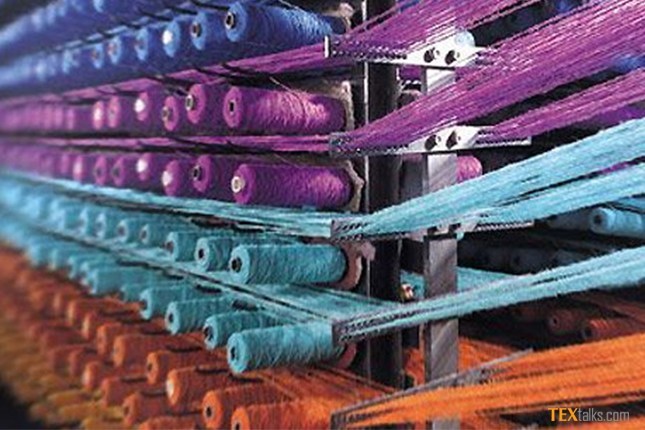BEIJING: The first international virtual exhibition in Pakistan, which is also known as Texpo, kicks off on Monday is looking forward to more Chinese buyers and visitors. The Texpo is scheduled to last five days, operating 24 hours for the convenience of buyers and visitors.
In Pakistan, textile comprises 62% of export revenues and employs about 40% of the industrial labor force.
Zameer Soomro from TDAP, the organizer of the Texpo, told China Economic Net (CEN) that through this event, participants can continue their business activities without gaps that may be caused by the epidemic.
“Because of the COVID-19, there is no international exhibition. We want to attract business communities from both ends. So that those are here in Pakistan can see and meet international buyers.”
“We kept the platform user-friendly so that someone who is not acquainted with the technological things can access the exhibition.
“ According to Zameer, they have done 2 or 3 orientations with the exhibitors and their team through zoom meeting. They trained them how to update the platform and gain maximum brand exposure so that they can get more response from the buyers.
“Response from China is good. We have also received many applications of participation from Bangladesh, Sri Lanka, Poland, countries from Africa and America. But since this is our first international virtual exhibition, we want to keep it simple. We only have 57 stores and we did not set an international hall. China companies are warmly welcomed to attend as visitors this time,” Zameer said.
Talking about the further plan for the development of the industry, he told us that the priority was still keeping the current pace of production. On this base, they also have tried to convince the chambers and leading companies to build their vertical units with R&D (Research and Development) for new technologies.
“On the governmental level, we encourage and facilitate the activities for industrialization or the simple units to be vertical units for the products development,”he said. Currently, Pakistan has 523 textile units, including 40 composite and 483 spinning units.
Pakistan is the 4th cotton producer and successful recipient of GSP Plus status by the EU, and China is the largest textile producing and exporting country in the world.
Zameer believed that the two countries had great potential in the textile cooperation.
“Most of Pakistan companies and manufacturers’ major products sold to other countries and regions are basic textile products.
If Pakistan and China can join hands for industrial development, the technological advancement and improvement will definitely enhance the market share for both of the countries.”
“China is doing synthetic fiber and other materials and Pakistan uses basic cotton, we can engage these things for further development,” Zameer said, adding that with some research, they could find a number of products that could be available in the joint venture.
Follow the PNI Facebook page for the latest news and updates.









